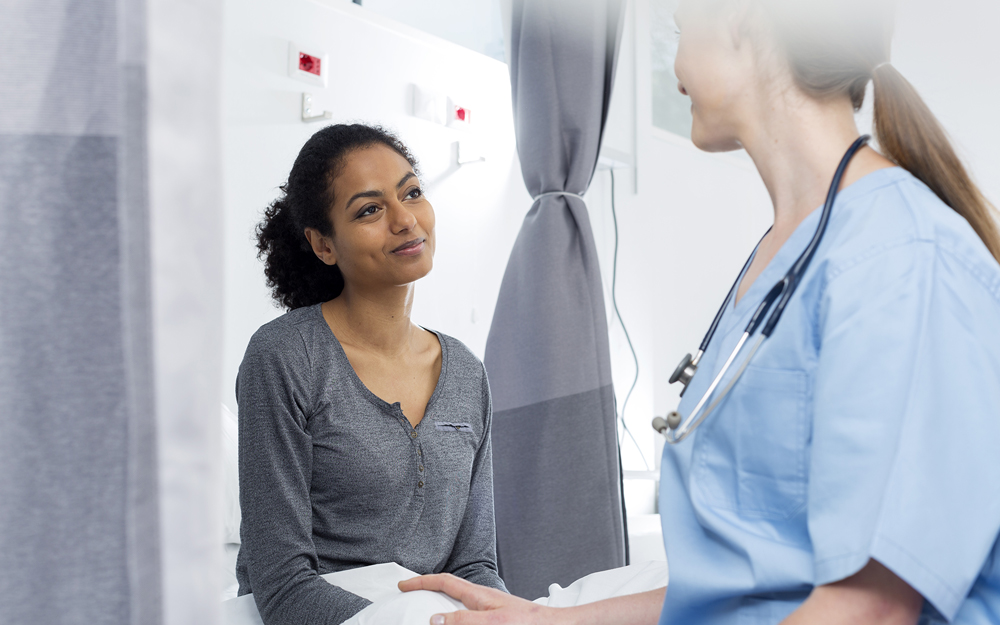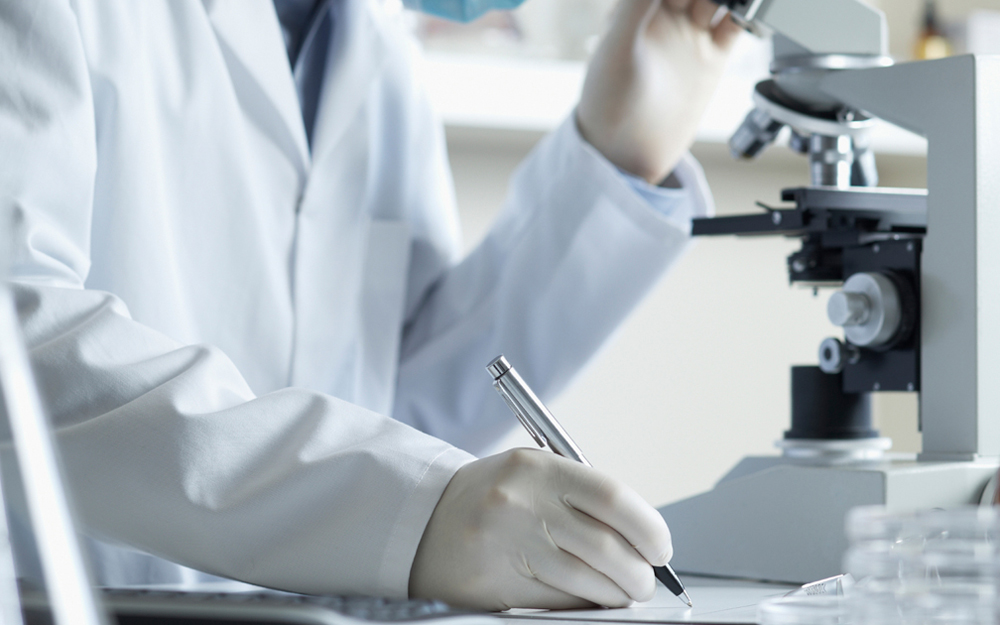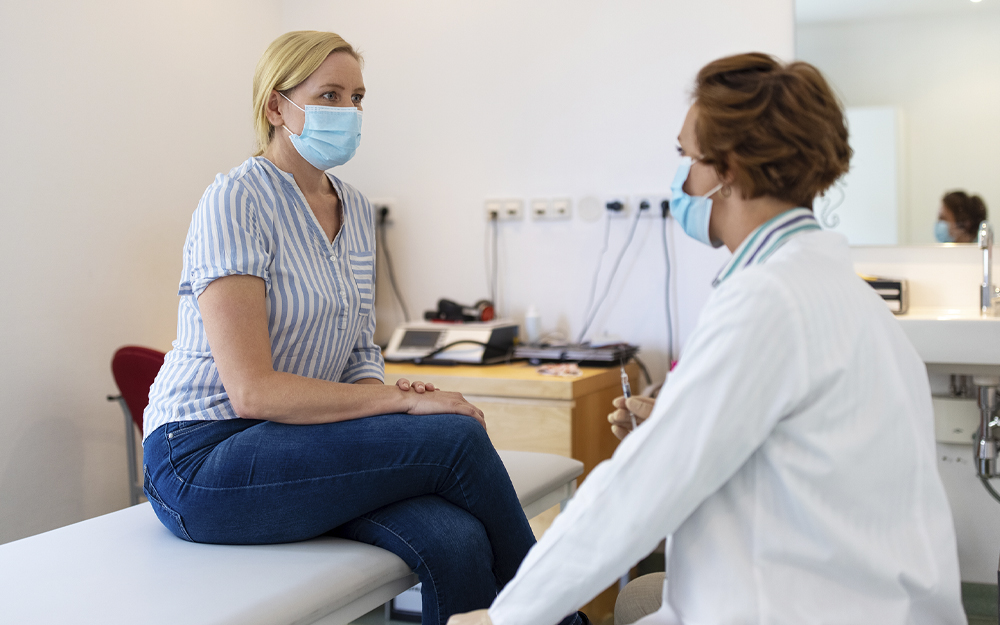Polycystic Ovary Syndrome Q&A with Dr. Jessica Chan
Date
September 5, 2018
Credits

Date
September 5, 2018
Credits
Medical providers featured in this article

In Brief
{{cta-block}}
September is PCOS Awareness Month, an ideal time to determine if you should talk to your doctor about this often-confusing condition.
Meet Dr. Jessica Chan, an assistant professor of Obstetrics and Gynecology at Cedars-Sinai. She's also a reproductive endocrinologist and specialist in polycystic ovary syndrome (PCOS).
Q: What is polycystic ovary syndrome (PCOS)?
Dr. Jessica Chan: It's a set of symptoms resulting from a problem with your reproductive hormones that can produce irregular periods, excess hair growth or acne—or both—and infertility. It affects 1 in 10 American women of childbearing age. Women sometimes find out they have it when they have trouble getting pregnant.
Remember that through each stage of the disorder, although we can't cure it, we can manage the symptoms.
Q: How would I know if I have PCOS?
JC: Your symptoms can be vague or mimic symptoms of other conditions, so PCOS can go undiagnosed for a while. There's no single test for it, but a physical exam, ultrasound, and blood tests can help diagnose PCOS.
You need to meet 2 of these 3 "official" criteria to be diagnosed:
Q: What else might indicate that I have PCOS?
JC: You might develop acne on your face, chest, and upper back, and put on extra weight, particularly around your middle. You could notice dark skin in the creases of your armpits or on your neck.
Q: What causes PCOS?
JC: We don't have a definitive cause for PCOS. Researchers think genetics and environmental factors may play a role in PCOS. There's also a link between PCOS and obesity, and women with PCOS are more likely to be obese. Obesity doesn't cause PCOS, but makes it worse because of insulin resistance, when high levels of insulin—a hormone made by your pancreas—don't get used by your body.
{{providers}}
Q: How will a PCOS diagnosis affect me and how do we treat it?
JC: Treatments vary depending on the particular phase of your reproductive life and can include lifestyle changes or medications to help control symptoms.
In the lifestyle category, I recommend my patients exercise at least 30-40 minutes, 3-4 times a week and stay active on other days. I also suggest a carbohydrate-restricted diet, since women with PCOS don't always process carbohydrates as easily as other women. Too many refined carbohydrates like sugars can lead to insulin resistance and weight gain.
We also want to make sure you have regular periods. If you don’t, the lining of the uterus can thicken or overgrow and could develop later into endometrial cancer. Having regular periods helps "thin out" the lining.
It's important to get those symptoms caused by male hormones under control because even though they're cosmetic, they can impact your quality of life. That may mean prescribing hormonal birth control if you're not trying to start a family.
PCOS can make getting pregnant difficult, so we give fertility medications to help.
Q: What should I know going forward?
JC: At all stages of PCOS, we worry about possible future development of heart disease, including high blood pressure, high cholesterol, and stroke, along with type 2 diabetes. I want to help my patients maintain a healthy lifestyle by eating well and getting recommended levels of exercise, like we talked about before. This helps reduce risk of heart disease and type 2 diabetes in the future.
When you've finished menopause, estrogen and testosterone hormones come down naturally, and then PCOS symptoms can improve. Remember that through each stage of the disorder, although we can't cure it, we can manage the symptoms. A reproductive endocrinologist can help.





